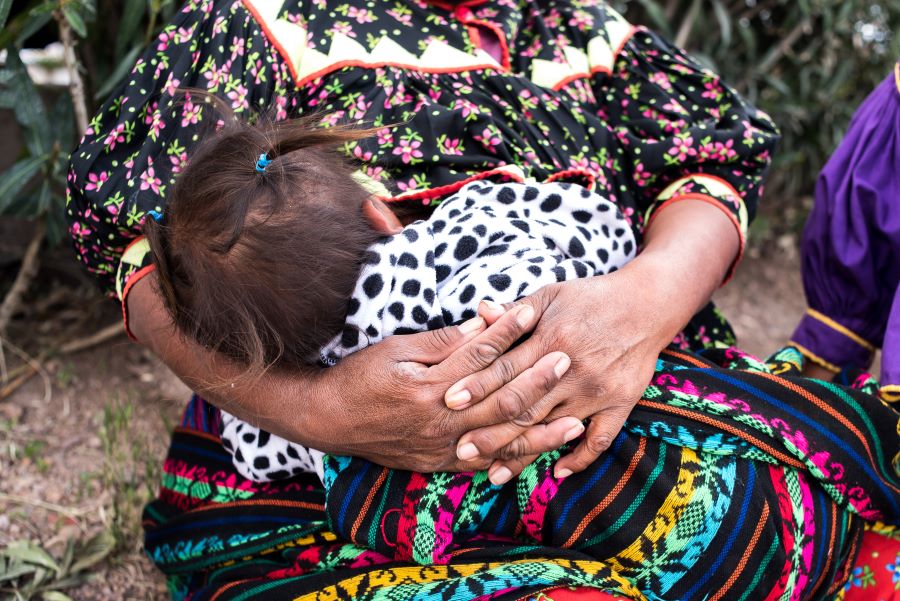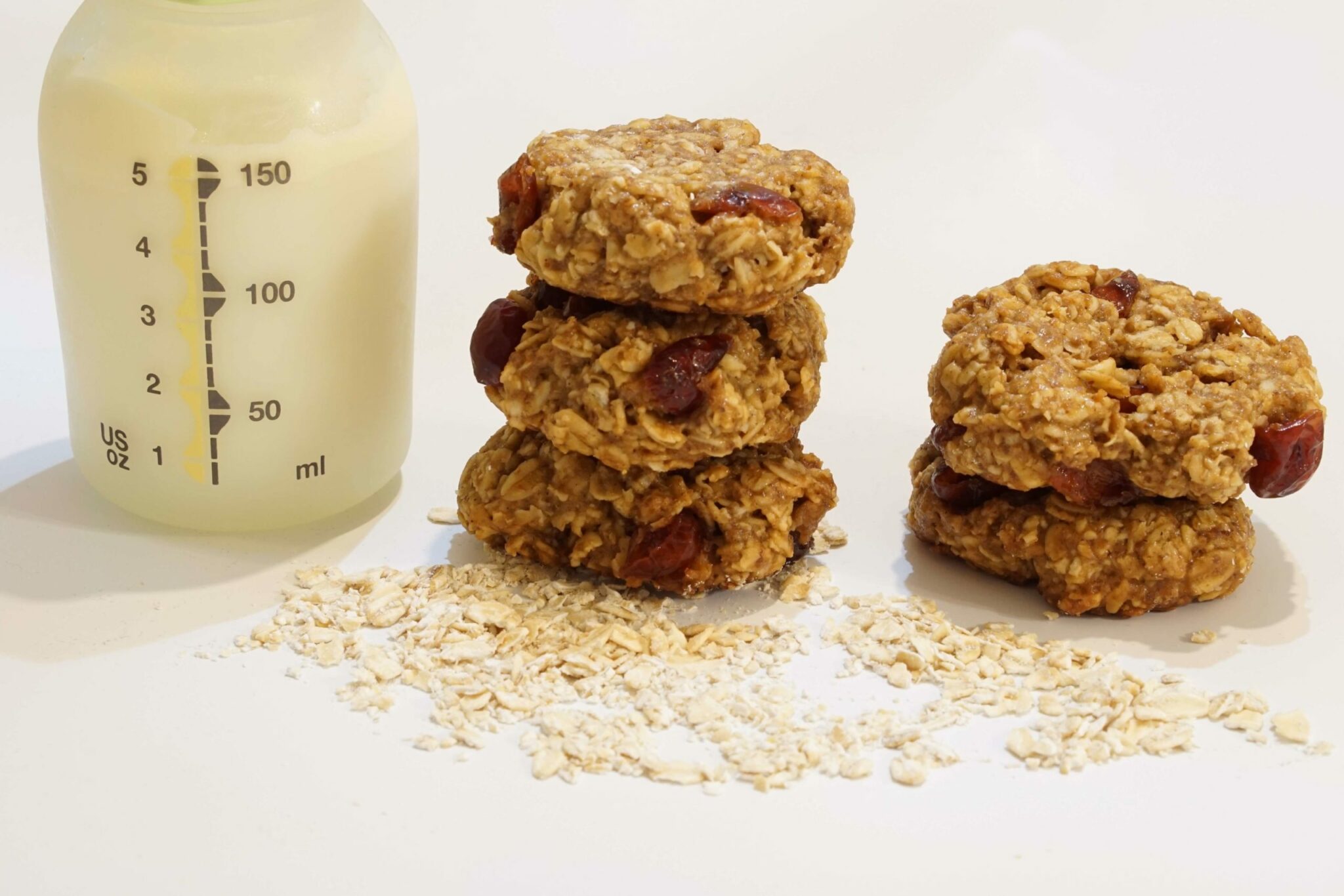Breastfeeding Traditions Around the World


While you might think breastfeeding would look pretty similar around the world, the truth is that where you live can greatly impact not only how long you breastfeed, but also the expectations and traditions surrounding this practice. Here are some interesting facts about breastfeeding around the world.
In the Philippines, broken papaya leaves and sugar cane stalks are stroked over the mother’s breasts in a ceremony that is meant to ensure a good milk supply.
In some rural towns in Japan, it is common to place figurines and pictures of a breastfeeding woman to help increase a nursing mother’s milk supply.
In some developing cultures, colostrum is considered to be a sign of infection or poison and is not given to a newborn baby – mothers will actually express this milk and throw it away! Don’t worry; this isn’t actually true and this liquid gold should never be discarded.
Based on the teaching of the Quran, many Muslim women will breastfeed their children for at least two years.
In many cultures, foods are classified as “hot” or “cold” foods. This involves more than just their temperatures, but overall “hot” foods are supposed to be easier to digest. Many people from Chinese or Vietnamese backgrounds believe that after childbirth only hot foods may be served to a new mother to help her heal and be able to nurse properly.
In many African cultures it is believed that a child should be walking before weaning is even tried.
The average age of weaning worldwide ranges from 27 months to 7 years. The weaning age in the United States tends to be much earlier.
Wet-nursing (or nursing a baby who you have not given birth to) is considered acceptable in traditional Japanese, Chinese, and Thai cultures, but only if the babies nursed by the one mother are of the same sex. Additionally, in many cultures babies who have been nursed by the same women are considered “milk siblings” and may not marry each other, even if they are unrelated by blood.
Some cultures mark introducing solids as a big milestone for a baby to achieve. For example, in some Bangladeshi cultures, weaning is celebrated by giving a baby six rice grains to mark the occasion when he or she turns 6 months old.
The celebration of Ramadan, which is a month-long period when Muslims fast from dawn to dusk, exempts breastfeeding women who need those extra calories! Some women will later fast to “pay back” this time, while others will feed poor people to make up for these “extra” meals.
Sources:
- Riordan and K
- Wambach
- Breastfeeding and Human Lactation, 4th edition.
La Leche League - Islamic and cultural practices in breastfeeding
- Leader Today.
Powered by Bundoo®










































